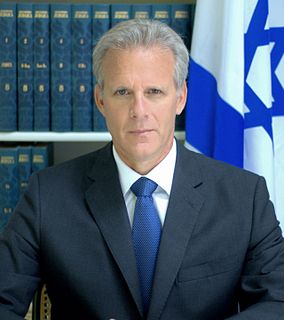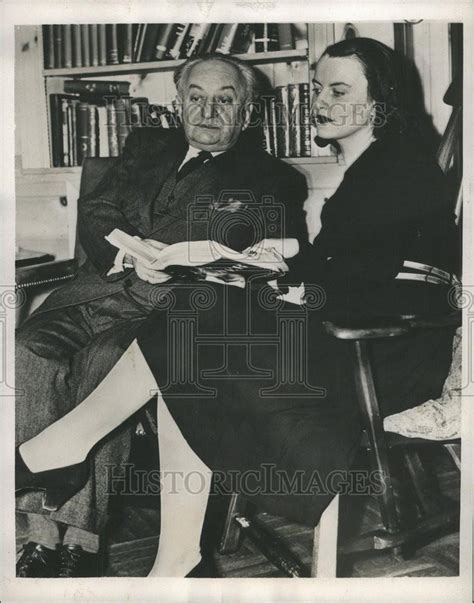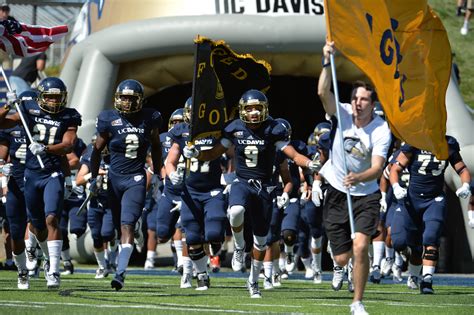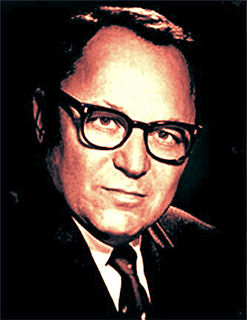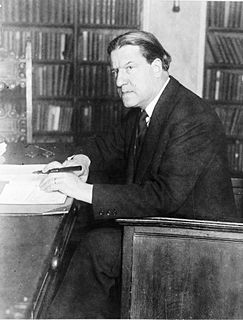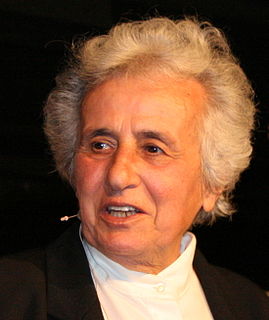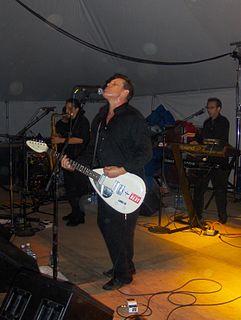A Quote by Etgar Keret
Most of the Jewish writer friends I have are American, and I feel closer to them because they're always obsessed with one issue - identity: what does it mean to be an American Jew?
Related Quotes
You see the one thing I've always maintained is that I'm an American Indian. I'm not a Native American. I'm not politically correct. Everyone who's born in the Western Hemisphere is a Native American. We are all Native Americans. And if you notice, I put American before my ethnicity. I'm not a hyphenated African-American or Irish-American or Jewish-American or Mexican-American.
A Jew remains a Jew. Assimilalation is impossible, because a Jew cannot change his national character. Whatever he does, he is a Jew and remains a Jew. The majority has discovered this fact, but too late. Jews and Gentiles discover that there is no issue. Both believed there was an issue. There is none.
What does it mean to be an American today? The question of that is always pointing at now. It allows someone to say what lens that will be through. A lot of my work has been about identity in different ways. Part of that for me falls into the question of gender identity certainly but also about what it means to be an American theater artist.
What "Make America Great" means is it doesn't mean race, and it doesn't mean gender, and it doesn't mean sexual orientation, and it doesn't mean anything identity politics related that seems to appeal to the Democrat Party. It's about a culture. It's about an identity. It's about an idea - the American idea, the American ideal.
I have an identity crisis which is not resolved because I'm a dual citizen. My whole family is American, and I was born in India but I was raised in Canada. But all my extended family is American, I've held an American passport and I've spent my whole adult life in between New York and LA. So I feel like an American... and I also feel like a Canadian! I wish more people were dual citizens and then I wouldn't feel like such a freak.
There's the fact that American fiction is basically the most apolitical fiction on the globe. A South American writer wouldn't dare think of writing a novel if it didn't allude to the system into which these people are orchestrated - or an Eastern European writer, or a Russian writer, or a Chinese writer. Only American writers are able to imagine that the government and the corporations - all of it - seem to have no effect whatsoever.
My experience as a Jewish American has often been as a spectator of one-sided conversations, or more like monologues, about Israel, Jewish History, Jewish identity, etc. Although there are profound divisions amongst Jews on all of these topics there are not many opportunities for deep and thoughtful dialogue about them.
Oh, I love labels, as long as they are numerous. I'm an American writer. I'm a Nigerian writer. I'm a Nigerian American writer. I'm an African writer. I'm a Yoruba writer. I'm an African American writer. I'm a writer who's been strongly influenced by European precedents. I'm a writer who feels very close to literary practice in India - which I go to quite often - and to writers over there.
In school they told me I was a Jew, "a filthy Jew." At first I asked myself what exactly that was. But then I began to understand. I was a Jew, I was a member of the Jewish faith, the Jewish community. One time, when I was giving a reading at a school, someone asked me: "If it was so dangerous to be Jewish, why didn't you convert to Christianity?" My response was: "It's not as easy you think. When you're a Jew, you're a Jew.
I think there's a pride of what a real American can be. I mean, I'm a transplant, but I've got American kids and an American wife, and when I go back to England I feel more like an American, the way I look at the world, is more from an American perspective at this point. I've traveled every state 30 or 40 times, and have met an amazing array of people, and I have found Americans to be among the most kind and tolerant people I have ever met.

